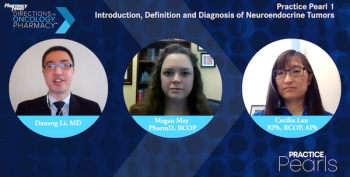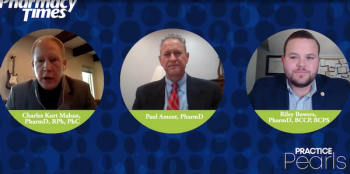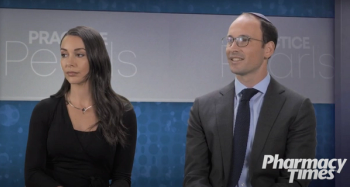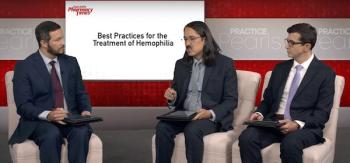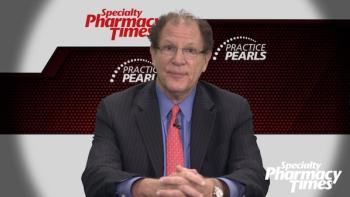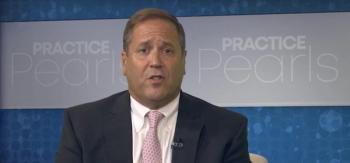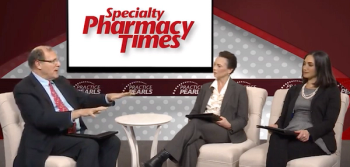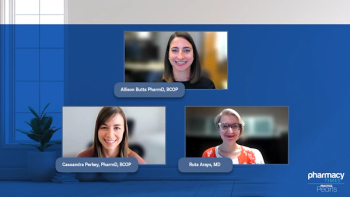
Expert clinicians discuss key data updates from ESMO 2025 and their main takeaways for clinical practice. Considerations for both academic and community settings are also discussed.

Expert clinicians discuss key data updates from ESMO 2025 and their main takeaways for clinical practice. Considerations for both academic and community settings are also discussed.

Ryan Haumschild, PharmD, MS, MBA, CPEL; Patrick Boland, MD, and Ashley Finamore, PharmD, BCOP discuss how to optimize third-line treatment decisions in metastatic colorectal cancer by balancing efficacy data from trials like SUNLIGHT (which showed improved survival with trifluridine/tipiracil plus bevacizumab) with patient-specific factors including quality of life, tolerability profiles, pill burden considerations, and individualized shared decision-making approaches that prioritize what patients value most in their treatment journey.

Ryan Haumschild, PharmD, MS, MBA, CPEL; Sandy Sallam, PharmD, BCACP, CDCES; and Aparna Goel, MD, examine the evolving landscape of primary biliary cholangitis management, from initial diagnosis through first-line ursodeoxycholic acid therapy to emerging second-line treatments including seladelpar, elafibranor, and obeticholic acid, with particular focus on efficacy data, safety profiles, treatment transitions, and strategies for optimizing patient outcomes while navigating regulatory and access challenges.

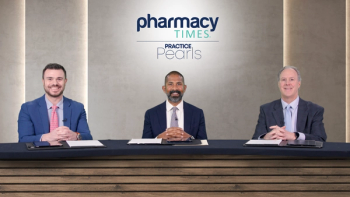
Arun Jesudian, MD, moderates an expert panel on hepatic encephalopathy (HE), discussing treatment goals, first-line pharmacotherapy, and the crucial role of medication adherence in preventing relapse among HE patients.
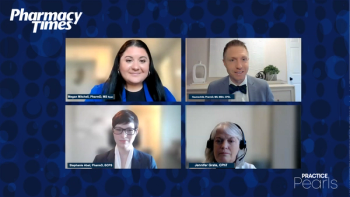
To optimize patient safety, health care experts explore questions on assessment tools, monitoring strategies, specialty dosage forms, waste reduction, interdisciplinary collaboration, and responsible opioid prescribing practices.

Experts discuss the implementation, challenges, and safety measures of bispecific antibodies in lymphoma care, emphasizing multidisciplinary collaboration and patient access while navigating toxicity management.

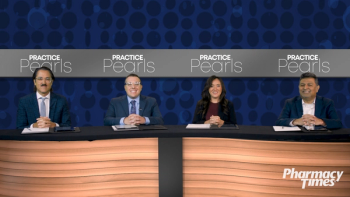
A panel of experts delve into the multifaceted world of hemophilia A, exploring its impact, therapies, real-world data, and the role of specialty pharmacists in patient care by analyzing recent clinical insights, and share best practices for optimal patient outcomes.
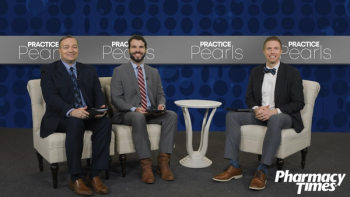
Ryan Haumschild, PharmD, MS, MBA, leads a discussion surrounding disease burden and treatment management of indolent relapse and aggressive relapse multiple myeloma.
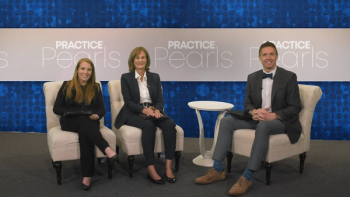
Medical experts discuss several topics pertaining to the evolving treatments in HR+/HER2- advanced breast cancer, including unmet needs and the integral role of pharmacists in patient care.

Pharmacy specialists discuss quality initiatives for myeloproliferative neoplasms, highlighting the importance of patient-specific, informative care in polycythemia vera, essential thrombocythemia, and myelofibrosis.
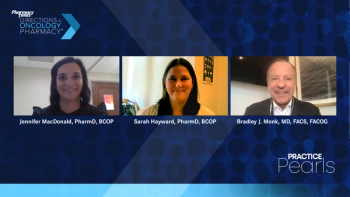
Experts in gynecologic oncology review the use of PARP inhibitors in ovarian cancer with a primary focus of these agents as a frontline maintenance strategy.
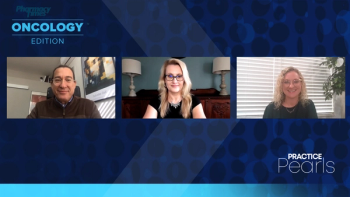
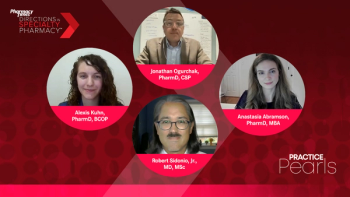
A panel of experts discuss several topics pertaining to best practices and the challenges in regard to prophylaxis in hemophilia A, including the role of prophylaxis, prophylactic therapy options, outpatient care factors, and economic considerations.

Madeline Camejo, PharmD, MS, Michael Epshteyn, PharmD, MSM, and Estela Trimino, PharmD, BCPS, provide insights into the best practices implemented within their institutions by health-system pharmacy to address challenges brought on by COVID-19 related to infection control, treatment, and vaccine rollout.
